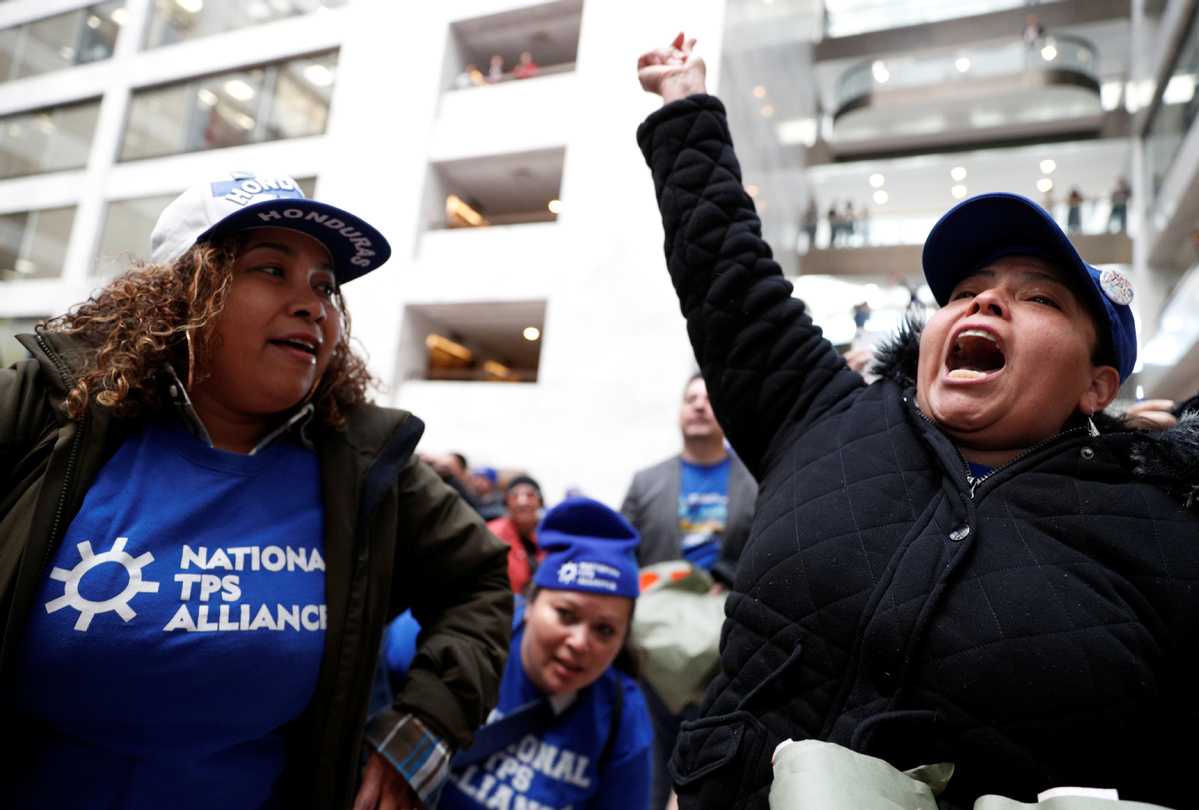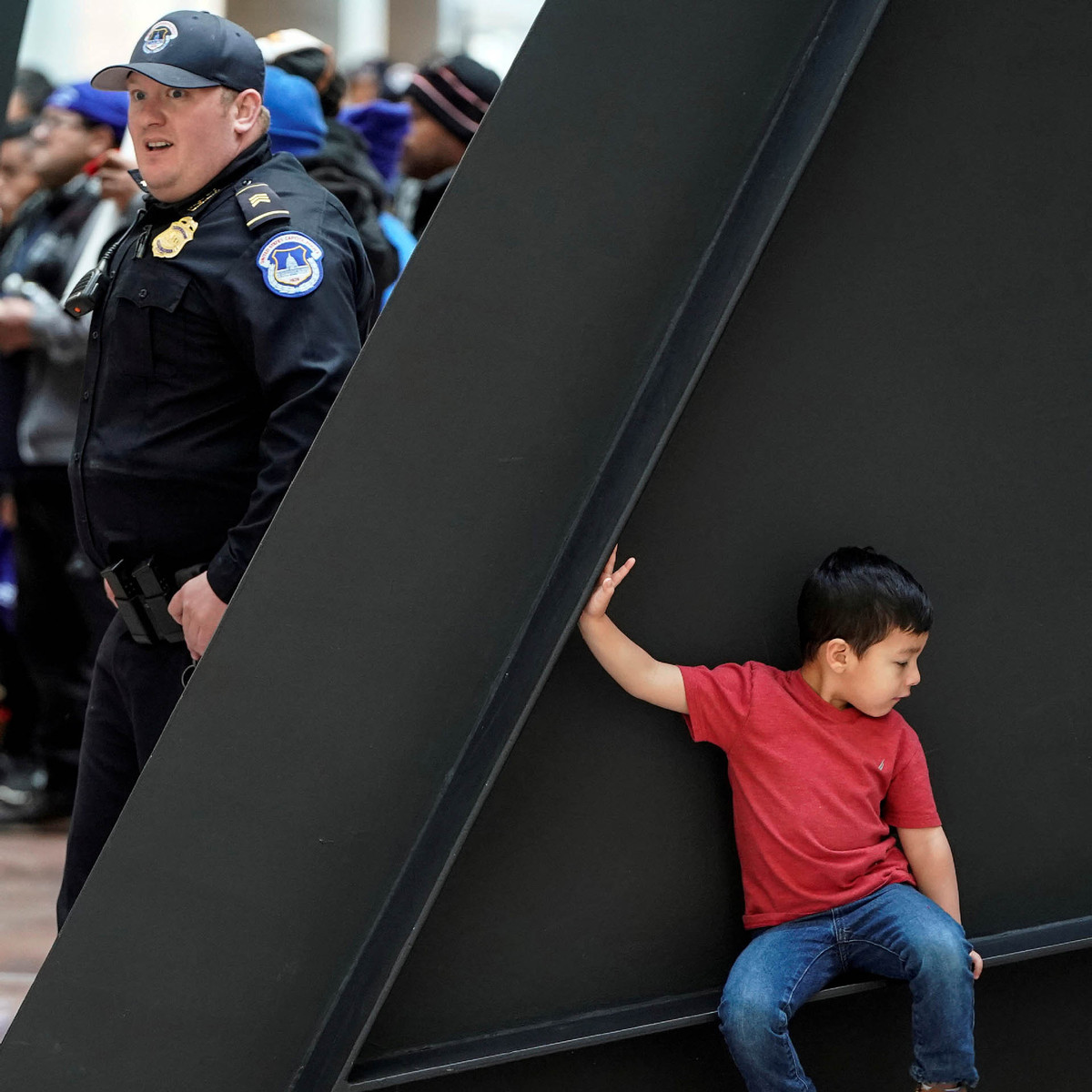New visa policy may hobble US tech workforce
By LIA ZHU in San Francisco | China Daily | Updated: 2020-01-06 09:41

H-1B visas' denial rate tripled to 15.2 percent in 2019 from 4.3 percent in 2015
Despite the stated aim of putting America first, the Trump administration's visa policy limiting skilled immigration may endanger the country's tech workforce and innovation economy, said experts.
The H-1B visa, a program for high-skilled workers that many Silicon Valley companies rely on, has become a target for reform by the administration.
The latest move by the immigration authorities is a new electronic registration system starting in March, which requires applicants to go through a lottery process before they submit full applications.
Under the new policy, only those with selected registrations will be eligible to file H-1B petitions subject to the 85,000 cap, including 65,000 regular visas and 20,000 for workers with advanced degrees from US universities.
The new system seems "inefficient" and "backwards", said Peter Leroe-Muñoz, general counsel and vice-president of tech and innovation policy at the Silicon Valley Leadership Group, which represents many tech companies.
"Now they (applicants) can either be not selected or, in effect, rejected in the lottery; and even if they are selected in the lottery, they could still have their application rejected at a later stage. So there are two points at which an applicant can miss out," Leroe-Muñoz told China Daily.
"It would be more efficient if you were able to have a pool of qualified applications from which you're pulling for the lottery, instead of doing it the other way around, because if you do the lottery first and then the applications, there might be a number of challenges or questions that come up after somebody has already been selected," he explained.
It makes more sense to "allow everybody a fair shot" and have a complete pool before running the lottery, Leroe-Muñoz said.
Over the past few years, the Trump administration has taken a series of measures to crack down on the H-1B program, including short-term H-1B approvals and an itinerary policy which requires employers to submit itineraries detailing H-1B visa holders' work.
The administration has increased the denial rate for H-1B visas to a record high: the denial rate more than tripled to 15.2 percent in 2019 from 4.3 percent in 2015; while the request rate for additional information almost doubled, according to the US Citizenship and Immigration Services.
Leroe-Muñoz cautioned against such policies' potential threat to the current and future needs of the US workforce in science, technology, engineering and mathematics, also known as STEM.

Skilled needed
"One of the things we have to remember about the innovation economy is that there is a present need to fill tech jobs with skilled tech talent, and we just do not produce enough skilled tech workers here in the US to fill all of those roles," he said. "That's why we need skilled immigration to help us fill those roles today."
The 2019 annual STEM survey by Emerson, a Missouri-based technology and engineering company, shows that only 39 percent of Americans have felt encouraged to pursue STEM careers as industries continue to report they cannot find individuals with the skills required for today's advanced workplaces.
"What worries us is the fraction of the workforce devoted to science and engineering will decline… and that's the case that's going out to 2050," said Arthur Bienenstock, co-chair of American Academy of Arts and Sciences' Committee on International Scientific Partnerships, at a recent lecture at Stanford University.
In 2015, US citizens and permanent residents got only 45 percent of the doctorates in engineering, and 55 percent went to people who were temporary visa holders, and similarly, in mathematics and computer science, the majority of the doctorates were obtained by foreign students, said Bienenstock.
Foreign students represent a critical part of the US science and technology workforce, and it's especially true for Chinese students in the STEM areas, he said.
But due to so-called national security concerns, the Trump administration has imposed restrictions on Chinese students, including reducing the validity of visas for Chinese students and scholars in certain "sensitive" fields. The restrictions have caused widely reported visa delays and denials and prolonged visa checks for Chinese students.
"When you start to fiddle with graduate education, you're starting to fiddle critically with the US science and technology workforce," said Bienenstock.
























